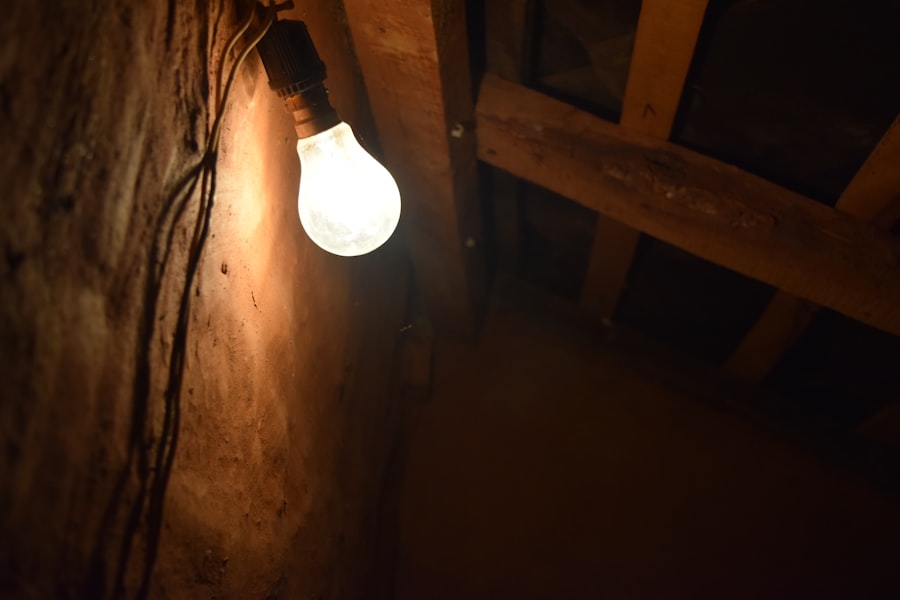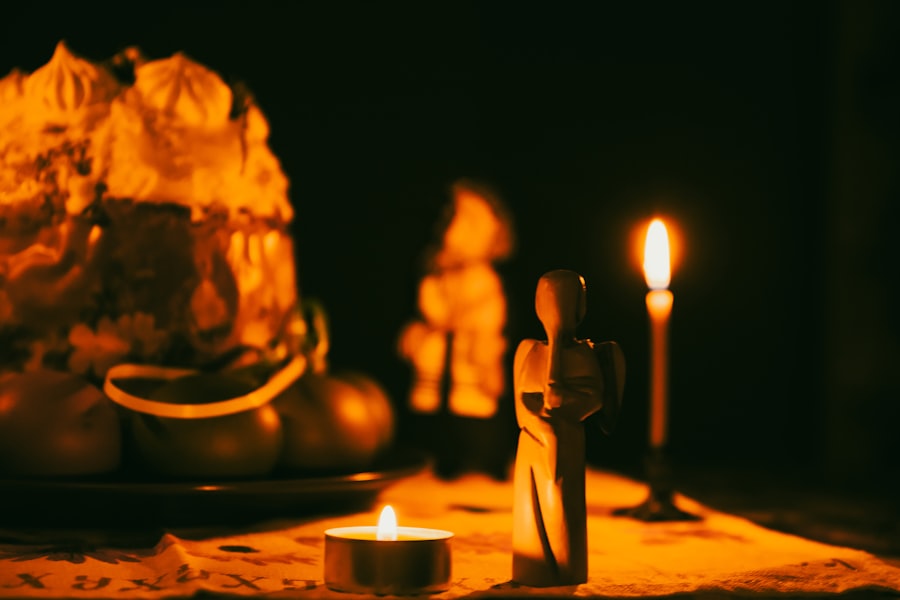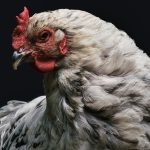Chickens have specific requirements for cold weather survival that are essential for their health and well-being. While generally hardy, chickens become more susceptible to illness and stress in low temperatures, necessitating extra care and attention. Cold weather preparedness for chickens involves providing adequate shelter and insulation, safe use of heat sources, dietary adjustments, preventing water from freezing, and vigilant health monitoring.
Chickens possess natural adaptations for cold tolerance, including insulating feathers. However, extreme temperatures can overwhelm these defenses, requiring additional protective measures. Chickens are particularly vulnerable to frostbite on their combs and wattles.
Cold stress can also lead to decreased egg production. To maintain chicken health in winter, owners should ensure proper shelter, insulation, and ventilation in coops. High-energy feed supplements can help chickens maintain body heat.
Unfrozen water access is crucial. Regular health checks are necessary to detect any cold-related issues early. By addressing these specific needs, chicken owners can safeguard their flocks’ health and productivity throughout the cold season.
Table of Contents
- 1 Providing adequate shelter and insulation for your chickens
- 2 Using heat lamps and heaters safely
- 3 Supplementing their diet with high-energy foods
- 4 Keeping their water from freezing
- 5 Monitoring their health and behavior during cold weather
- 6 Preparing your coop and chickens for winter
- 7 FAQs
- 7.1 What are the best ways to keep chickens warm in the cold?
- 7.2 How can I insulate my chicken coop to keep it warm in the cold?
- 7.3 Is it safe to use heat lamps or heaters in a chicken coop?
- 7.4 What bedding materials are best for keeping chickens warm in the cold?
- 7.5 How important is ventilation in keeping chickens warm in the cold?
Key Takeaways
- Chickens need extra care in cold weather to stay healthy and comfortable
- Providing a well-insulated and draft-free coop is essential for keeping chickens warm
- Heat lamps and heaters should be used cautiously to prevent fires and burns
- High-energy foods like cracked corn and sunflower seeds can help chickens stay warm
- Using heated waterers or adding warm water to their drinking water can prevent freezing and dehydration
Providing adequate shelter and insulation for your chickens
Coop Construction and Ventilation
The coop should be draft-free, but also well-ventilated to prevent moisture buildup, which can lead to respiratory issues.
Insulation and Bedding
Insulating the walls and roof of the coop can help retain heat and keep the interior temperature stable. Additionally, providing a thick layer of bedding such as straw or wood shavings will help insulate the floor of the coop and provide a cozy environment for your chickens.
Outdoor Shelter and Protection
In addition to the coop, providing outdoor shelter is also important. Chickens should have access to a covered run or outdoor area where they can stretch their legs and get fresh air without being exposed to harsh weather conditions. This outdoor shelter should be protected from wind and precipitation, and it’s a good idea to provide windbreaks such as tarps or bales of hay to further protect your flock from the elements. By providing adequate shelter and insulation for your chickens, you can help them stay warm and comfortable during the winter months.
Using heat lamps and heaters safely

Using heat lamps and heaters safely is important for providing supplemental warmth to your chickens during cold weather. Heat lamps can be a valuable tool for keeping your flock warm, but they can also pose a fire hazard if not used properly. When using heat lamps, it’s important to secure them properly to prevent them from falling and causing a fire.
Additionally, it’s crucial to keep them away from flammable materials such as bedding or straw. Using a heat lamp with a built-in thermostat can help regulate the temperature and prevent overheating. Another option for providing supplemental heat is using a radiant heater designed specifically for poultry coops.
These heaters are designed to be safe for use around animals and can provide consistent warmth without the risk of fire. Whichever heating method you choose, it’s important to monitor the temperature in the coop regularly to ensure that it remains at a safe and comfortable level for your chickens. By using heat lamps and heaters safely, you can provide your flock with the extra warmth they need without putting them at risk.
Supplementing their diet with high-energy foods
Supplementing your chickens’ diet with high-energy foods is important for helping them stay warm and maintain their energy levels during cold weather. When the temperature drops, chickens require more energy to keep warm, so providing them with high-energy foods can help support their increased energy needs. Foods such as cracked corn, sunflower seeds, and mealworms are excellent sources of energy for chickens and can help keep them warm during the winter months.
In addition to high-energy foods, it’s also important to ensure that your chickens have access to a balanced diet that includes plenty of protein and essential nutrients. Protein is crucial for maintaining muscle mass and supporting overall health, so be sure to provide your flock with plenty of protein-rich foods such as poultry feed, mealworms, and kitchen scraps. By supplementing their diet with high-energy foods and ensuring they have a balanced diet, you can help your chickens stay healthy and warm throughout the winter.
Keeping their water from freezing
Keeping your chickens’ water from freezing is essential for ensuring that they stay hydrated during cold weather. Chickens require access to fresh water at all times, so it’s important to take steps to prevent their water from freezing. One option is to use heated waterers specifically designed for poultry, which are equipped with a built-in heating element that prevents the water from freezing.
These heated waterers are safe for use around animals and can provide a constant supply of fresh water even in sub-zero temperatures. Another option for keeping your chickens’ water from freezing is to use heated bases or heated rocks placed underneath their waterers. These devices can help prevent the water from freezing by providing a source of warmth from below.
Additionally, you can also use insulated waterers or wrap their existing waterers in insulation material to help retain heat and prevent freezing. By taking steps to keep your chickens’ water from freezing, you can ensure that they stay hydrated and healthy throughout the winter months.
Monitoring their health and behavior during cold weather

Identifying Potential Issues Early On
Monitoring your chickens’ health and behavior during cold weather is crucial for identifying any issues or illnesses early on. Cold weather can put stress on chickens’ immune systems, making them more susceptible to illnesses such as respiratory infections or frostbite. By monitoring their health and behavior closely, you can catch any potential problems before they escalate.
Recognizing Signs of Illness or Injury
Keep an eye on your chickens’ combs and wattles for signs of frostbite, which may appear as pale or discolored areas on their skin. Additionally, watch for any changes in their behavior such as lethargy, decreased appetite, or unusual vocalizations, which could indicate that they are not feeling well.
Regular Inspections and Prompt Action
Regularly inspecting your flock for signs of illness or injury can help you address any issues promptly and prevent them from spreading to the rest of the flock.
Preparing your coop and chickens for winter
Preparing your coop and chickens for winter involves taking a proactive approach to ensure that they have everything they need to stay warm and healthy during the colder months. Start by thoroughly cleaning and insulating the coop to provide a cozy environment for your flock. Check for any drafts or leaks that could let in cold air or moisture, and make any necessary repairs or improvements.
Stock up on bedding materials such as straw or wood shavings to provide a thick layer of insulation on the floor of the coop. Additionally, gather any necessary supplies such as heated waterers, heat lamps, or supplemental high-energy foods to have on hand when the temperature drops. It’s also a good idea to have a plan in place for managing snow removal around the coop and run area to ensure that your chickens have access to fresh air and exercise even in snowy conditions.
Finally, take steps to prepare your chickens themselves for winter by ensuring that they are healthy and well-fed. Check their overall condition and address any health issues before the colder weather sets in. By taking these proactive measures to prepare your coop and chickens for winter, you can help ensure that they stay warm, healthy, and comfortable throughout the season.
In conclusion, understanding the needs of chickens in cold weather involves providing adequate shelter and insulation, using heat lamps and heaters safely, supplementing their diet with high-energy foods, keeping their water from freezing, monitoring their health and behavior closely, and preparing your coop and chickens for winter. By taking these steps, you can help ensure that your flock stays healthy and comfortable throughout the winter months. With proper care and attention, your chickens can thrive even in cold weather conditions.
If you’re looking for tips on how to keep chickens warm in the cold, you might also be interested in learning about how big a coop needs to be for a chicken. Check out this article for helpful information on providing the right amount of space for your feathered friends.
FAQs
What are the best ways to keep chickens warm in the cold?
Some of the best ways to keep chickens warm in the cold include providing a well-insulated coop, using heat lamps or heaters, providing extra bedding, and ensuring good ventilation.
How can I insulate my chicken coop to keep it warm in the cold?
You can insulate your chicken coop by using materials such as straw, hay, or wood shavings for bedding, sealing any drafts, and adding insulation to the walls and ceiling.
Is it safe to use heat lamps or heaters in a chicken coop?
It can be safe to use heat lamps or heaters in a chicken coop as long as they are installed properly and used according to the manufacturer’s instructions. It’s important to monitor the coop for any potential fire hazards.
What bedding materials are best for keeping chickens warm in the cold?
Bedding materials such as straw, hay, and wood shavings are all good options for keeping chickens warm in the cold. These materials provide insulation and help to retain heat in the coop.
How important is ventilation in keeping chickens warm in the cold?
Proper ventilation is crucial for keeping chickens warm in the cold. It helps to remove moisture and ammonia from the coop, which can lead to respiratory issues for the chickens. Good ventilation also helps to regulate the temperature inside the coop.
Meet Walter, the feathered-friend fanatic of Florida! Nestled in the sunshine state, Walter struts through life with his feathered companions, clucking his way to happiness. With a coop that’s fancier than a five-star hotel, he’s the Don Juan of the chicken world. When he’s not teaching his hens to do the cha-cha, you’ll find him in a heated debate with his prized rooster, Sir Clucks-a-Lot. Walter’s poultry passion is no yolk; he’s the sunny-side-up guy you never knew you needed in your flock of friends!







